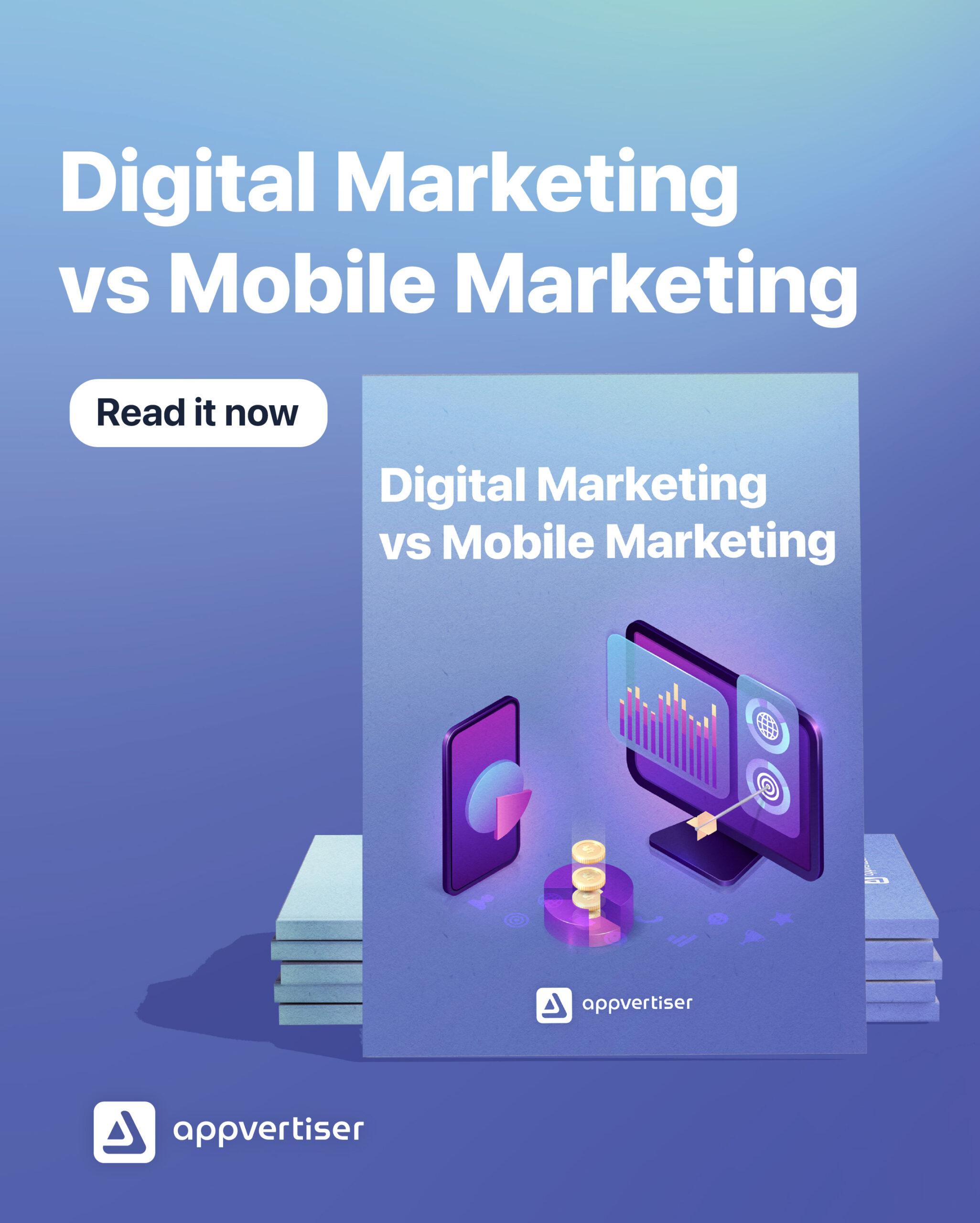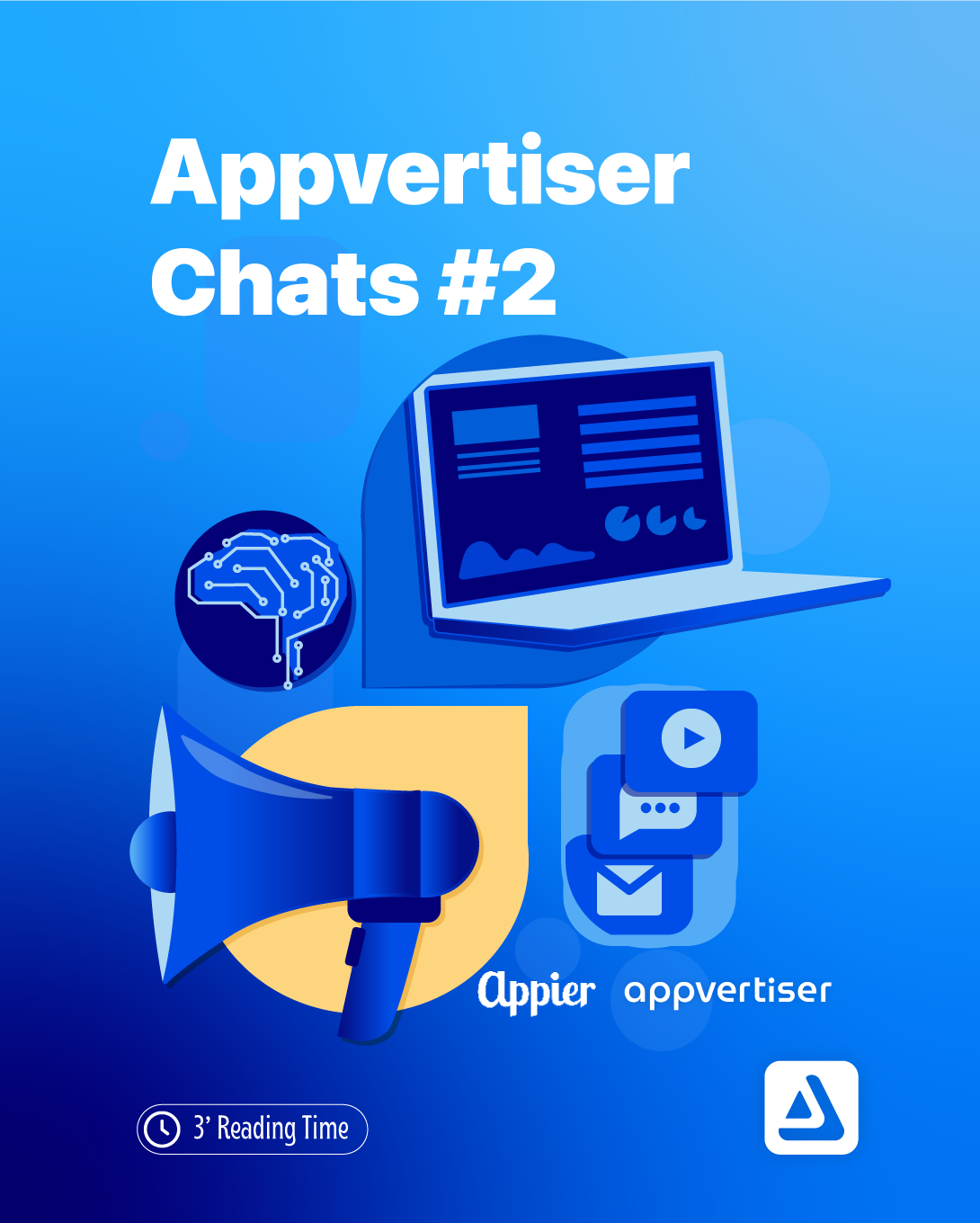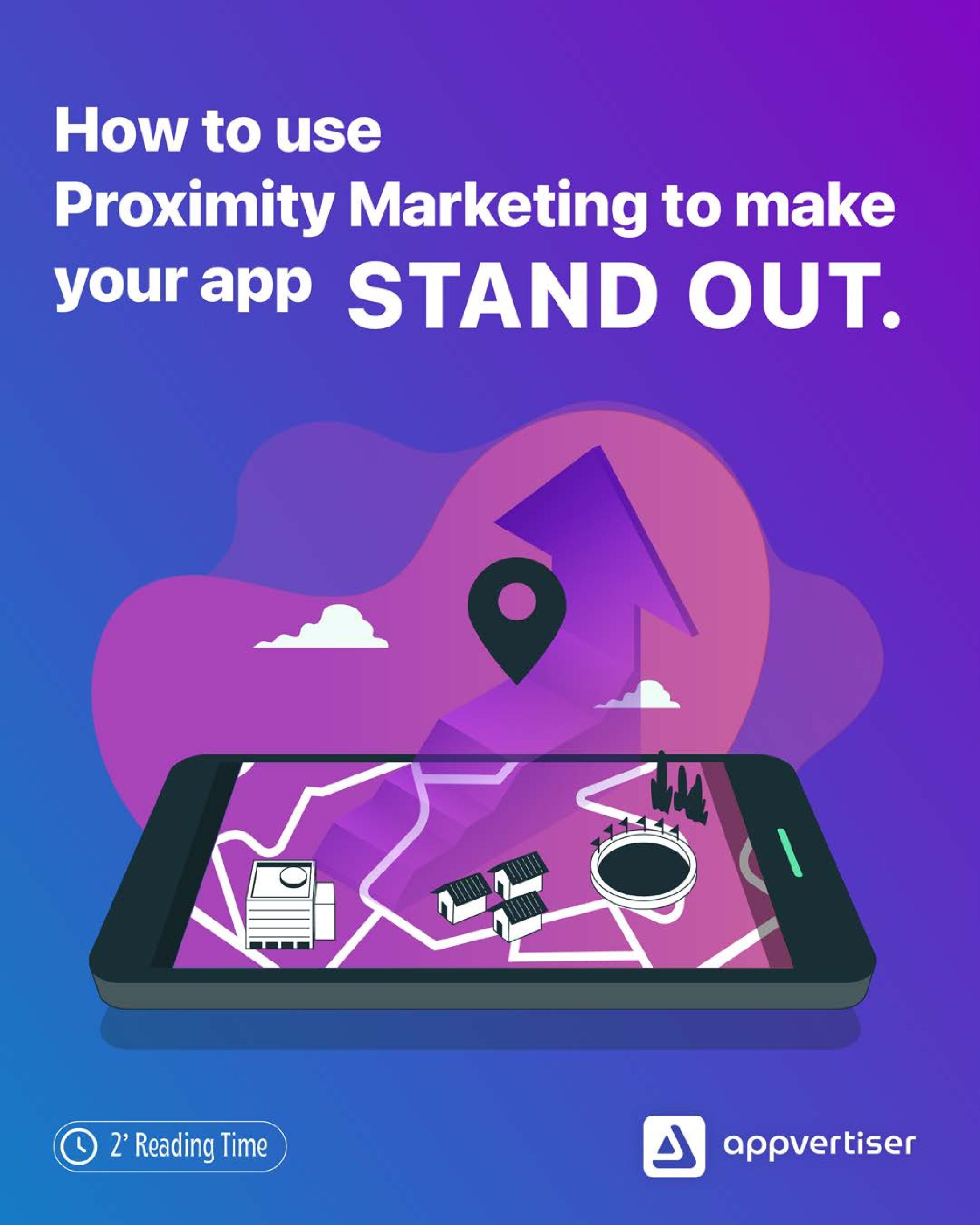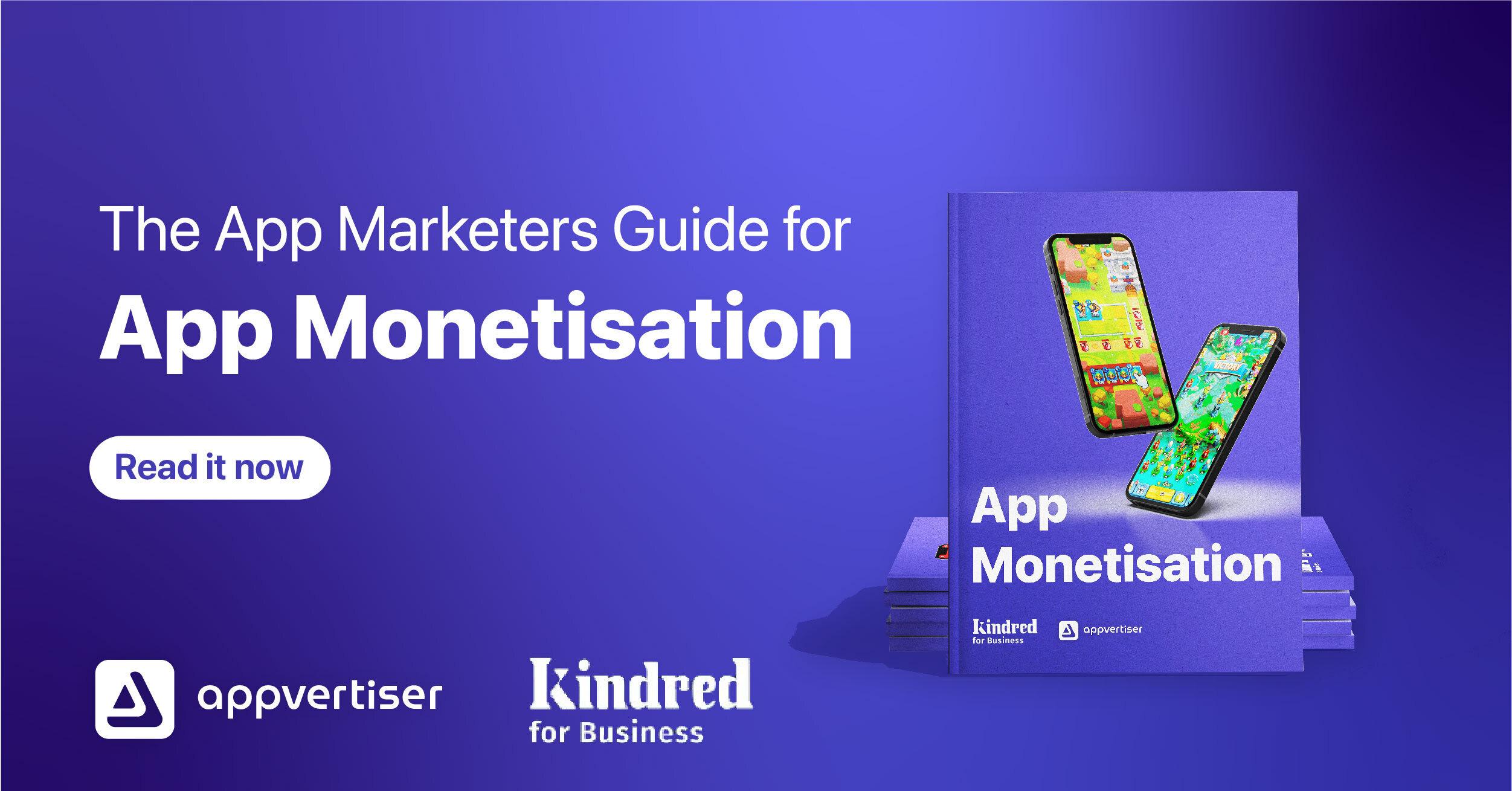
Digital marketing vs Mobile marketing: Differences, Advantages, Disadvantages
Introduction
Oftentimes, digital marketing and mobile marketing are often confused for one another. It’s a common mistake to make! After all, the two share many key similarities that are challenging to differentiate at first.
The differences between mobile marketing and digital marketing are not easy to recognize at first glance. Worry not, however. Appvertiser has got you covered.
Below, we’ve listed the differences, advantages, and disadvantages of digital marketing vs mobile marketing.
Let’s dig right in!
Differences
1. Targeted Devices

While both are related, the first thing that separates these two forms of marketing are the devices that they target. Mobile marketing strictly targets mobile devices, like phones or tablets. Digital marketing, on the other hand, focuses on a wide spectrum of digital devices, including, most commonly, laptops or desktop computers.
Many would think that mobile marketing is simply a small part of digital marketing, but that isn’t necessarily the case. Mobile marketing is its own form of marketing, and oftentimes, marketers move on to mobile marketing when digital marketing alone is not enough to reach their target audience.
2. Channels & Strategies Used

Without a doubt, digital marketing and mobile marketing can be separated by the channels and methods that they utilize in reaching consumers.
Digital marketing leverages all digital channels to convey marketing messages. So, what are key digital marketing strategies? Digital marketing emphasizes these following strategies: pay-per-click (PPC), SEO, email marketing, and content marketing to boot.
Mobile marketing strategies, on the other hand, encompass SMS marketing, the creation of mobile friendly websites, app store optimization (ASO), in-app or in-game marketing, QR codes, and the like.
Advantages
- Mobile Marketing
There are many advantages to using mobile marketing over digital marketing. Firstly, there are reportedly higher rates of engagement in targeting mobile users. In fact, mobile users are “twice [as] more likely to like and share content from their phones compared to desktop [users].”
Secondly, ad blockers are nearly impossible to find on the average smartphone or tablet. Mobile users face more stringent restrictions when it comes to this. This is favorable for your mobile marketing efforts since it means more people will get a chance to see your paid ads.
Also, it allows for immediate user impressions for your ads. Given the fact that many have their mobile phones near them at all times, this is unsurprising — yet unquestionably beneficial — to say the least.
Even on top of this, mobile marketing allows you to target consumers based on their geographic whereabouts (i.e., geofencing marketing), which can be invaluable for restaurants or local businesses who want to attract consumers in an attention-grabbing way.
With all this said, mobile marketing is also cost effective, making it ideal for budget-oriented companies.
- Digital Marketing
This type of marketing also comes with its own benefits.
It is similarly cost friendly. Moreover, it allows marketers to engage customers at every buying stage. It also helps you to boost customer loyalty, see improved conversion rates, gauge your campaigns with ease, and increase website visitors. It even does all this while allowing you to A/B test what works specifically for your brand.
Disadvantages
- Mobile Marketing
Advertisements in the mobile landscape can come with too many issues to count. For instance, mobile marketing can cause poor user experiences and decreased trust with your brand. Of course, both of these can negatively affect your profits.
Privacy concerns, consumer navigation problems, and small room for errors are just some of the other chief disadvantages associated with this of marketing, which you should consider beforehand.
- Digital Marketing
Marketing of the digital variety comes with key disadvantages. First, it can be rather time consuming. With time being of the essence, this can be problematic to employ at times.
As always, security is another major concern with all things internet-related, and digital marketing is no exception. In this industry, security concerns are a top priority, and “when customers [are] confident that a brand or business doesn’t care about their data security, they won’t engage with it.”
Another major disadvantage is high competition. With so many ads, social media posts, and blogs, the modern digital landscape is a highly competitive one. As a result, “any monotonous approach or repeated method will drive the brand out of the competition in no time.” What this means is that, ideally, your ad campaigns should do its best to stand out and ‘make its mark’ in your target audience’s head.
While there are more, these are the top three disadvantages you will find with digital marketing overall.
Conclusion
While the benefits of the two may look alike, each has its own use. Not only this, but both digital and mobile forms of marketing are ideally used in conjunction with one another. In a way, there is a symbiotic relationship between the two.
Outweighing the pros and cons of each approach is, of course, necessary before carrying out your advertising effort of choice.
Craving something more in your mobile marketing efforts? Something… meaningful? Appvertiser is calling your name.
Visit our site for more details today.




